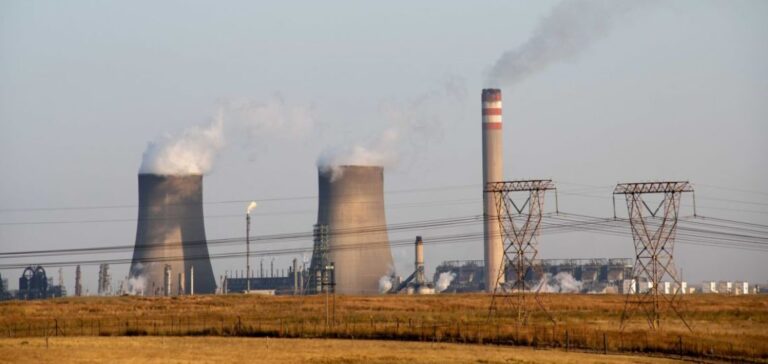On Sunday, February 23, 2025, large parts of South Africa experienced significant power outages after Eskom, the state-owned electricity provider, announced prolonged restrictions. This decision follows simultaneous failures at three coal-fired power plants, severely impacting grid stability.
Activation of stage six load management
Eskom has activated stage six of its load management plan, a measure designed to ease pressure on the grid. At this level, consumers can face up to twelve power cuts over a four-day period, with each outage lasting up to four hours. Stage eight, the most critical level, has not yet been implemented.
Power cuts return after a period of stability
These outages come after a period of relative stability. At the end of January, Eskom implemented limited interruptions for the first time in nearly 300 days. In February, the company reported that it had maintained power supply 99% of the time between April 2024 and February 2025, a significant improvement compared to previous years.
Persistent structural challenges
Eskom, which supplies the majority of South Africa’s electricity and around 20% of the energy used in neighboring countries such as Zambia and Zimbabwe, continues to face major structural challenges. The company, which generates over 80% of its electricity from coal, is under pressure to diversify its energy sources. At the same time, it is burdened by significant debt resulting from years of corruption, mismanagement, and neglected infrastructure maintenance. Theft and vandalism further exacerbate the current energy crisis.
Growing economic and social impact
Recurring power cuts are weighing on South Africa’s economy, disrupting industries and businesses that rely on a stable electricity supply. Households are also affected, with frequent outages altering daily life. This situation underscores the need for Eskom to reassess its energy policy and implement solutions to stabilize the grid in the long term.






















